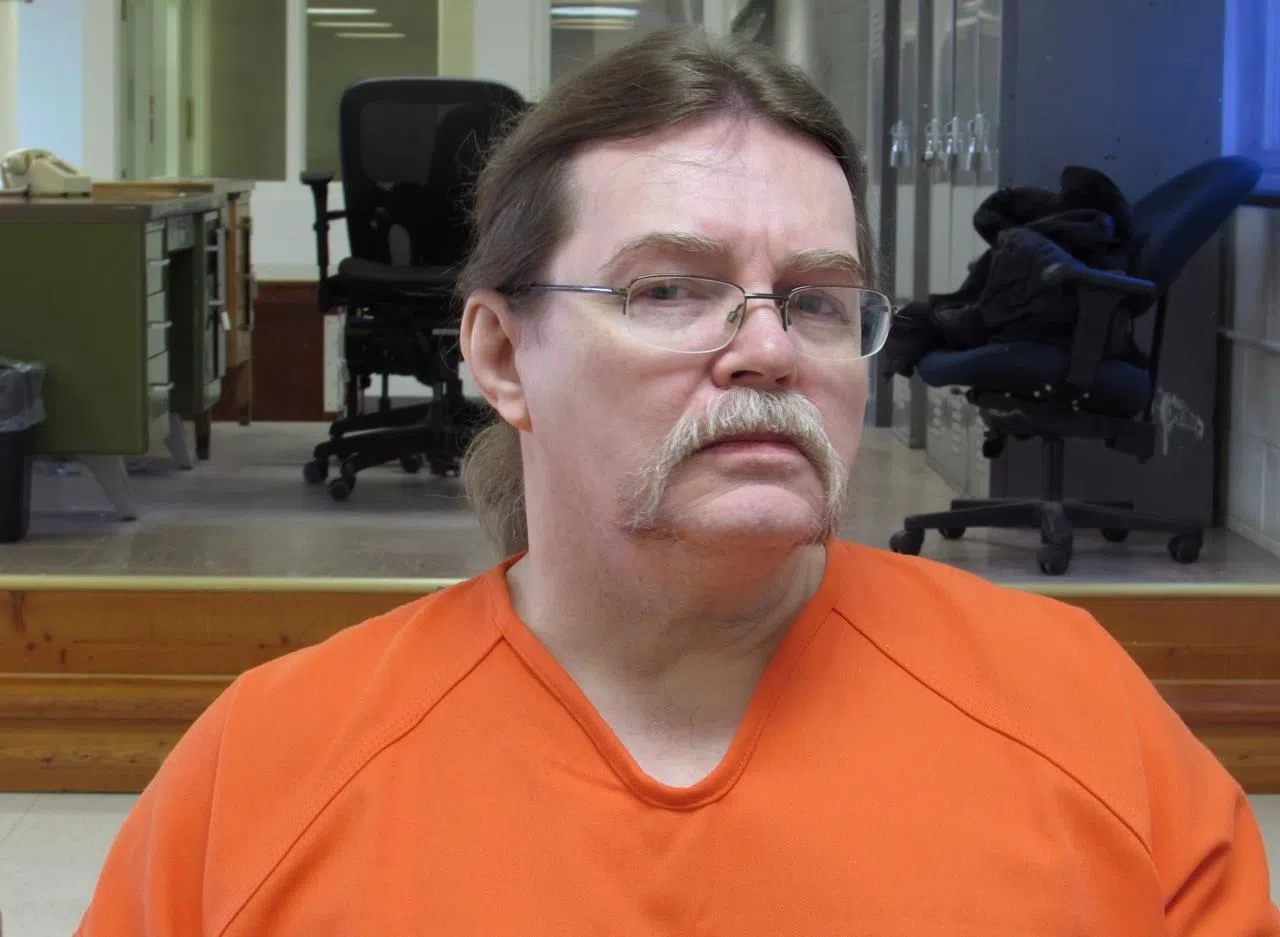
U.S. in ‘waning days of the death penalty:’ Lawyer of Canadian man on death row
CALGARY — A lawyer for a Canadian on death row in Montana believes it’s only a matter of time before the death penalty in much of the United States is abolished and his client will be free to return home.
Ronald Smith, 60, is originally from Red Deer, Alta., and has been on death row since 1983 for fatally shooting Harvey Madman Jr. and Thomas Running Rabbit while he was high on LSD and alcohol near East Glacier, Mont.
He originally asked for and was sentenced to death but later changed his mind and has been fighting execution ever since. He has had a number of execution dates set and overturned.
“I think we’re in the waning days of the death penalty in the United States,” said Ron Waterman, a senior counsel with the American Civil Liberties Union who has represented Smith since 2008.


